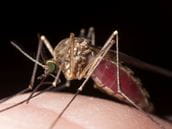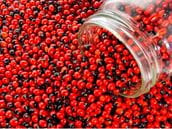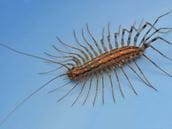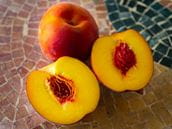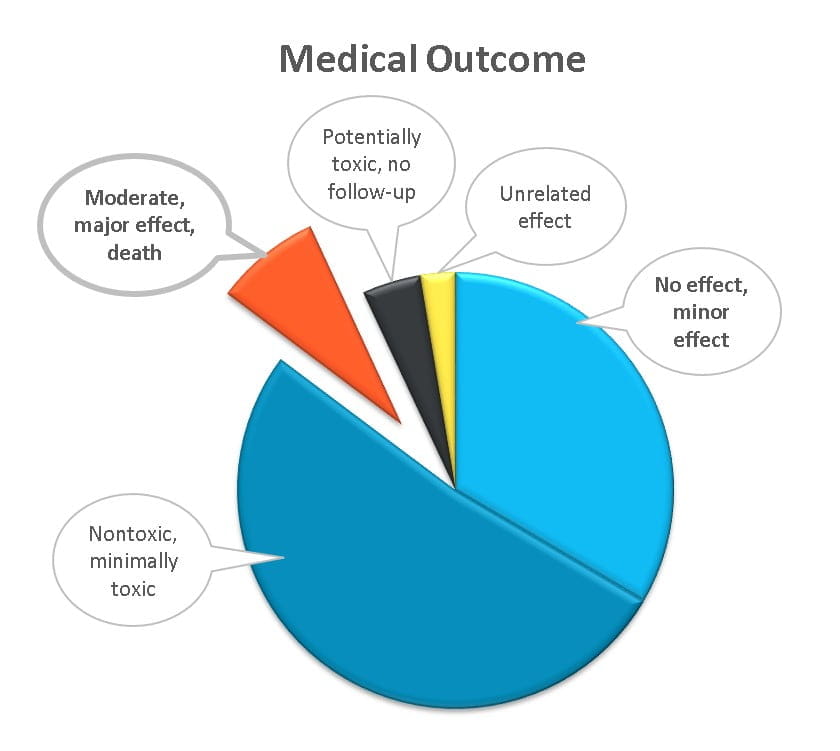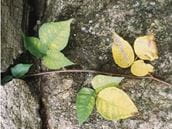
Poison Ivy, Poison Oak and Poison Sumac
Poison ivy, poison oak, and poison sumac can cause rashes if someone touches them. The rash is caused by oils in the plants. It may be severe enough to blister and itch for days or weeks. Most cases can be managed at home with household and OTC products. Severe cases require medical attention. If these plants are burned, inhaling the smoke can cause severe breathing problems.




